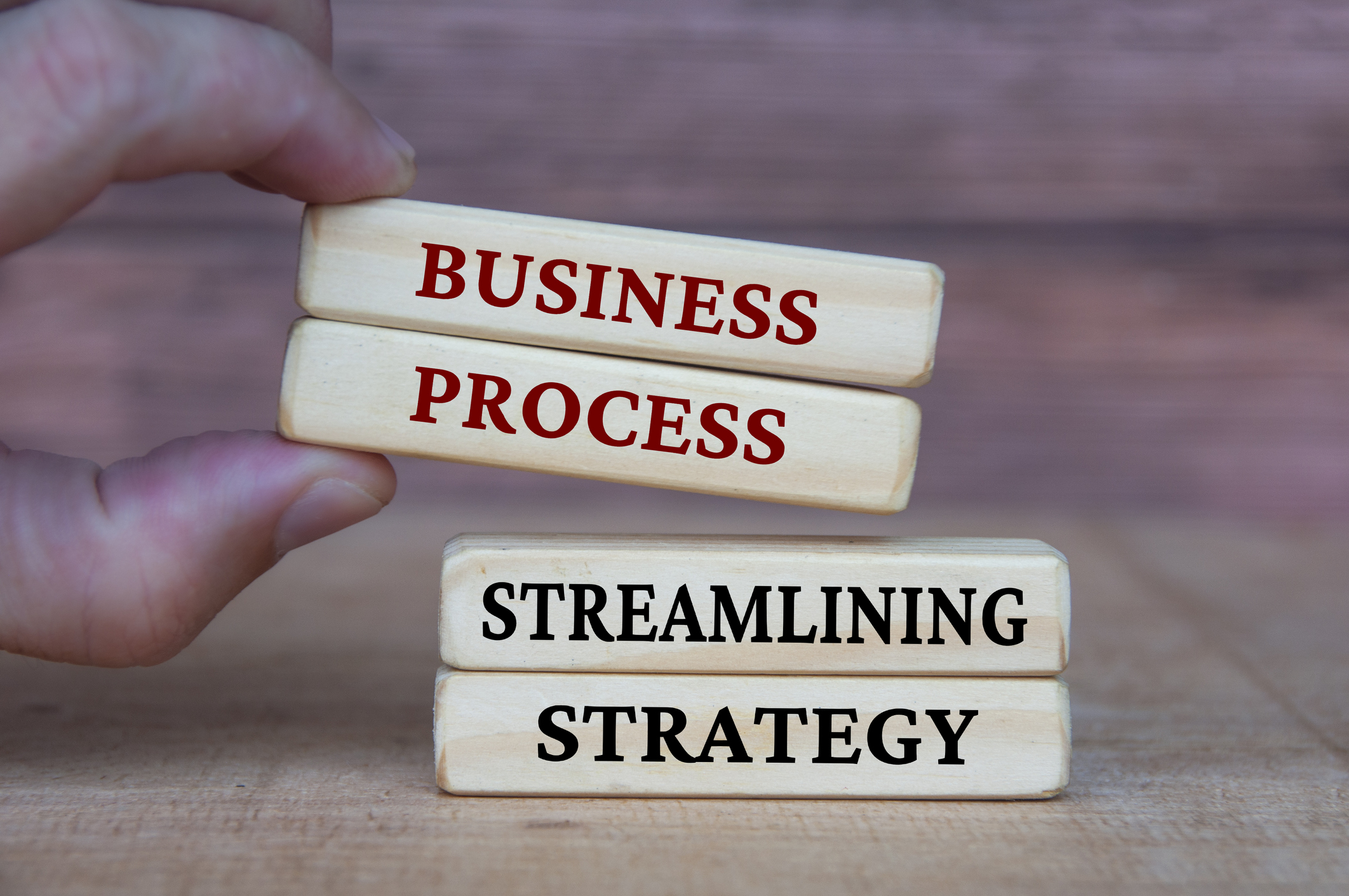The Power of Vendor Management Systems: Streamlining Your Business with VMS
Discover how Vendor Management Systems (VMS) can revolutionize your business operations and streamline your staffing processes for increased...

This comprehensive guide to understanding Vendor Management Systems (VMS) and their benefits and applications in various industries. Discover how a staffing agency can leverage a VMS to become a master vendor and streamline their vendor management processes.
A Vendor Management System (VMS) is a software application that helps businesses manage their interactions with external staffing suppliers or vendors. It provides a centralized platform to streamline and automate the entire vendor management process, from sourcing and on-boarding to performance evaluation and payment.
VMS allows businesses to effectively track and monitor vendor performance, ensure compliance with contracts and regulations, and optimize the procurement process. It typically includes features such as vendor database management, contract management, purchase order management, invoice processing, and reporting and analytics.
By implementing a VMS, companies can improve visibility and control over their vendor relationships, reduce costs, enhance efficiency, and mitigate risks associated with vendor management.
Vendor Management Systems offer a range of key features and benefits that can greatly enhance an organization's vendor management processes. Some of the key features include:
Centralized Vendor Database: A VMS provides a centralized repository for storing vendor information, including contact details, contracts, certifications, and performance data.
Automated Workflows: VMS automates various workflows, such as vendor onboarding, contract management, and invoice processing, reducing manual effort and improving efficiency.
Performance Tracking and Evaluation: VMS allows companies to track and evaluate vendor performance based on predefined metrics, enabling data-driven decision-making and continuous improvement.
Compliance Management: VMS helps ensure compliance with contracts, regulations, and internal policies by providing alerts and notifications for contract renewals, certifications, and regulatory requirements.
Reporting and Analytics: VMS generates real-time reports and analytics on vendor performance, spend analysis, and other key metrics, enabling businesses to identify trends, risks, and opportunities.
The benefits of implementing a VMS include improved vendor selection and management, reduced administrative burden, increased operational efficiency, cost savings, enhanced compliance, and better decision-making based on accurate and timely data.
Vendor Management Systems find applications in various industries, including but not limited to:
Healthcare: VMS helps healthcare organizations manage their relationships with medical suppliers, track vendor performance, and ensure compliance with regulatory requirements.
IT and Technology: VMS streamlines the procurement and management of IT services and software licenses, ensuring compliance and optimizing costs.
Manufacturing: VMS assists manufacturing companies in managing their supply chain, tracking vendor performance, and ensuring timely delivery of raw materials and components.
Financial Services: VMS helps financial institutions manage their relationships with vendors providing services such as IT infrastructure, security, and consulting.
Retail: VMS supports retail organizations in managing relationships with suppliers, tracking inventory, and optimizing procurement processes.
These are just a few examples, and VMS can be customized to meet the specific needs of any industry or organization.
For a staffing agency, implementing a Vendor Management System (VMS) can be a game-changer in becoming a master vendor. Here's how a staffing agency can leverage a VMS:
Efficient Candidate Sourcing: A VMS allows staffing agencies to efficiently source candidates by maintaining a comprehensive database of qualified candidates, streamlining the screening and selection process, and ensuring faster placements.
Streamlined Onboarding and Compliance: VMS automates the on-boarding process for temporary workers, including background checks, training, and documentation, ensuring compliance with legal and regulatory requirements.
Vendor Performance Management: A VMS enables staffing agencies to track and evaluate the performance of their vendor partners, ensuring they meet the agency's standards and deliver high-quality candidates.
Simplified Billing and Invoicing: VMS streamlines the billing and invoicing process by automating the generation and processing of invoices, reducing errors and improving cash flow.
Enhanced Client Relationships: By leveraging a VMS, staffing agencies can provide their clients with real-time access to candidate information, status updates, and performance metrics, fostering transparency and trust.
By utilizing a VMS effectively, staffing agencies can streamline their operations, improve candidate quality and retention, enhance client satisfaction, and ultimately position themselves as a master vendor in the industry.
To ensure successful implementation and optimization of a Vendor Management System (VMS), consider the following best practices:
Clearly Define Requirements: Before selecting a VMS, clearly define your organization's requirements, considering factors such as scalability, integration capabilities, user-friendliness, and reporting capabilities.
Involve Key Stakeholders: Involve key stakeholders, including HR, procurement, and IT teams, in the selection and implementation process to ensure their needs are met and gain buy-in from all departments.
Customize and Configure: Customize and configure the VMS to align with your company's workflows, processes, and policies. This includes setting up approval workflows, defining metrics for performance evaluation, and configuring reporting dashboards.
Provide Adequate Training: Ensure that all users, including internal staff and external vendors, receive adequate training on using the VMS effectively. This will maximize adoption and minimize errors.
Regularly Monitor and Evaluate: Continuously monitor and evaluate the performance of the VMS, including vendor performance, user feedback, and system functionality. Regularly review and update configurations and processes to optimize efficiency and address any issues.
By following these best practices, companies can maximize the benefits of a VMS and ensure a successful vendor management process.

Discover how Vendor Management Systems (VMS) can revolutionize your business operations and streamline your staffing processes for increased...

Discover the advantages of using vendor management systems and learn how to become a staffing master vendor with these expert tips.

Discover how Vendor Management Systems (VMS) can revolutionize the way your company manages staffing vendors.